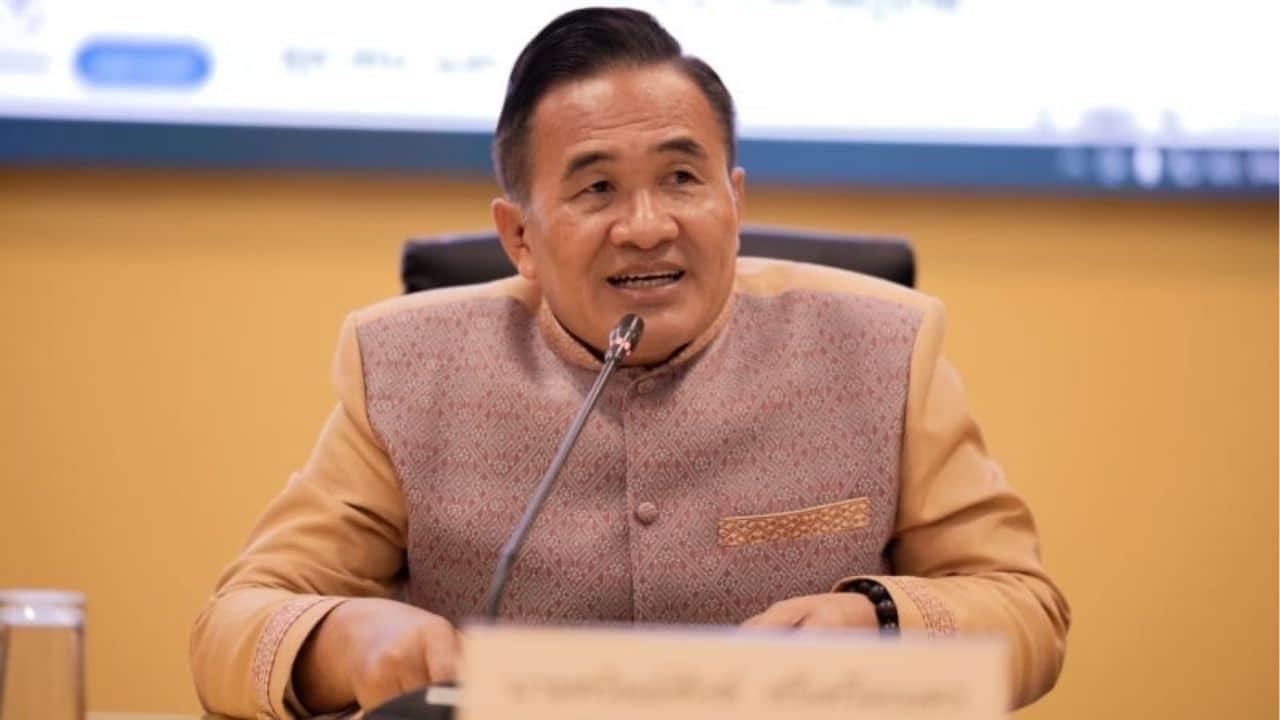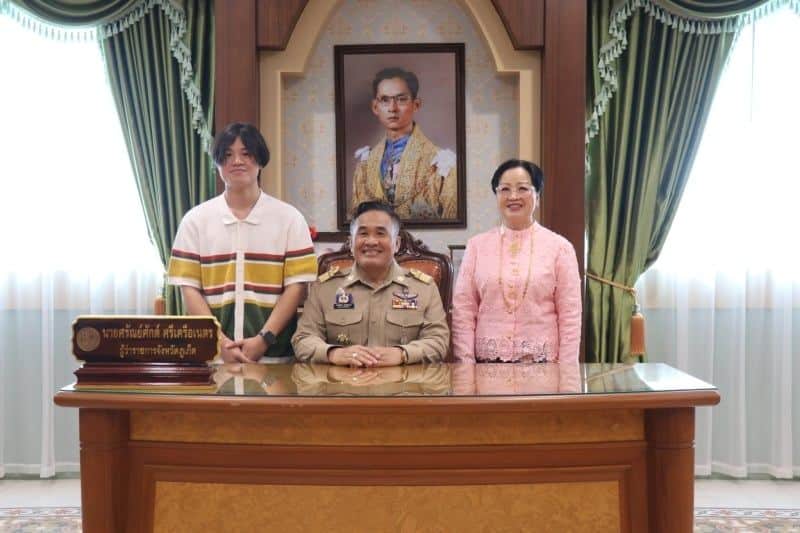Phuket’s shortest-serving governor axed after just 14 days
Surprise reshuffle fuels criticism of centralised appointment system

Thailand’s Cabinet has approved the sudden transfer of Phuket’s newly appointed governor, just weeks after he began his term, sparking public scrutiny.
The Thai Cabinet has approved the sudden transfer of Phuket Governor Saransak Srikruanetra after only two weeks in office.
Saransak, who began his term on October 2, is now officially Phuket’s shortest-serving governor. His shock exit was confirmed by Anuphong Panarat, Secretary to the Phuket Governor.
“This is just the latest Cabinet resolution. It will become effective only upon Royal Assent.”
Despite the formality, such transfers are usually swift. News of the governor’s removal first broke after confidential documents were leaked online yesterday, October 14.

Saransak will be replaced by Nirat Pongsitthaworn, who was simultaneously relieved of his role as Director-General of the Department of Provincial Administration (DOPA). Notably, Nirat’s fast-tracked rise through the ranks has occurred under the Interior Ministry leadership of Prime Minister Anutin Charnvirakul.

Nirat previously served as governor of Chiang Mai, Udon Thani and Bueng Kan, and is originally from Bangkok. His appointment under Anutin’s administration, which is expected to call an election within four months, has fuelled speculation about long-term power plays.
Phuket MP Chalermpong Saengdee, reacting to the abrupt change, criticised the revolving-door approach to provincial governance.
“The [latest] Phuket case may be special, but this phenomenon has long been a normal cycle in Thai government administration.
“Most governors serve only one to four years, and often they are senior officials nearing retirement. Once they begin to understand the local context, they are transferred again.”
Chalermpong blamed the centralised system, where governors are appointed by the Ministry of the Interior and local bodies have limited power.
“When it comes to major issues, local governments can’t act on their own. The governor must either sign off or send the matter to the central government for approval.”
Calling it “the most inefficient form of government administration,” Chalermpong argued that genuine development is stifled by top-down control and out-of-touch leadership, reported The Phuket News.
He ended his statement by calling for a bold change:
“This phenomenon underscores the ineffectiveness of the current administrative system and further emphasises the need for direct elections of provincial executives from actual provincial residents.”
Latest Thailand News
Follow The Thaiger on Google News:


























